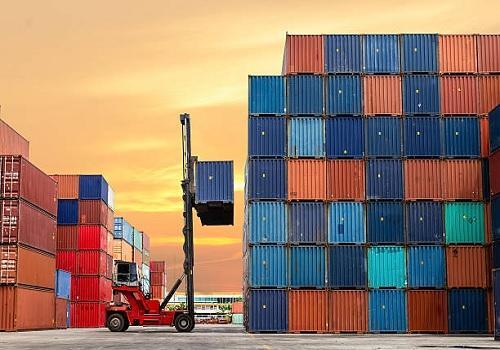
South Korea’s Imports of Fruits Hit New Record Amid Climate Change
In a stark reminder of the impact of climate change on global food systems, South Korea’s imports of fresh fruits have hit a record high last year, according to the latest data. The country’s imports of 12 kinds of fresh fruits surged to $1.45 billion in 2024, a significant 20.1% increase from the previous year. This development is attributed to poor harvests caused by climate change and rising demand for fresh fruits in the country.
The data was compiled by the Korea Rural Economic Institute (KREI), a leading research organization in the country. The institute’s findings highlight the growing importance of imports in meeting South Korea’s fruit demand, particularly in the face of unpredictable weather patterns and changing environmental conditions.
Climate change has been wreaking havoc on global agriculture, causing widespread crop failures, reduced yields, and disrupted supply chains. In South Korea, the effects of climate change have been particularly pronounced, leading to poor harvests and increased reliance on imports. The country’s farmers have been struggling to cope with the changing weather patterns, which have resulted in reduced crop yields and lower quality produce.
The South Korean government has been implementing measures to mitigate the impact of climate change on agriculture, including providing financial support to farmers and investing in climate-resilient farming practices. However, these efforts have been insufficient to meet the growing demand for fresh fruits, leading to a significant increase in imports.
According to the KREI data, the 12 types of fresh fruits imported by South Korea in 2024 included apples, bananas, grapes, kiwis, lemons, limes, mangoes, oranges, papayas, pineapples, strawberries, and watermelons. The total value of these imports was $1.45 billion, up from $1.21 billion in 2023.
The surge in imports is attributed to a combination of factors, including poor harvests, increased demand, and trade agreements. The South Korean government has been actively pursuing free trade agreements with other countries, including the United States, China, and Southeast Asian nations, to increase imports of fresh fruits. These agreements have been instrumental in reducing tariffs and other trade barriers, making it easier for South Korea to import fresh fruits from around the world.
The rise in imports has also been driven by changing consumer preferences in South Korea. Consumers are increasingly demanding higher-quality and more exotic fruits, which are not readily available in the domestic market. Imports have helped to meet this demand, providing consumers with a wider range of fruit options.
However, the increase in imports has also raised concerns about the impact on local farmers and the environment. Some critics argue that the reliance on imports is undermining the livelihoods of local farmers, who are struggling to compete with cheaper imports. Others have raised concerns about the environmental impact of transporting fresh fruits across long distances, which can lead to increased greenhouse gas emissions.
In response to these concerns, the South Korean government has been implementing measures to support local farmers and promote sustainable agriculture practices. The government has been providing financial support to farmers, investing in climate-resilient farming practices, and promoting organic farming methods.
In addition, the government has been working with farmers to develop new varieties of fruits that are better suited to the country’s climate and soil conditions. This approach is expected to help reduce the country’s reliance on imports and promote sustainable agriculture practices.
In conclusion, South Korea’s imports of fresh fruits have hit a record high, driven by poor harvests caused by climate change and rising demand. While the increase in imports has provided consumers with a wider range of fruit options, it has also raised concerns about the impact on local farmers and the environment. The South Korean government has been implementing measures to support local farmers and promote sustainable agriculture practices, and it is hoped that these efforts will help to reduce the country’s reliance on imports and promote a more sustainable food system.






